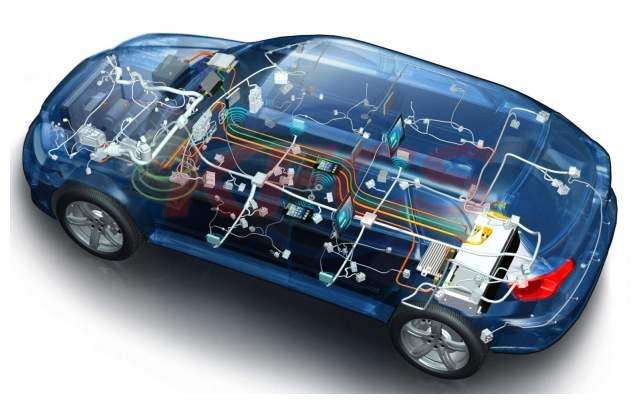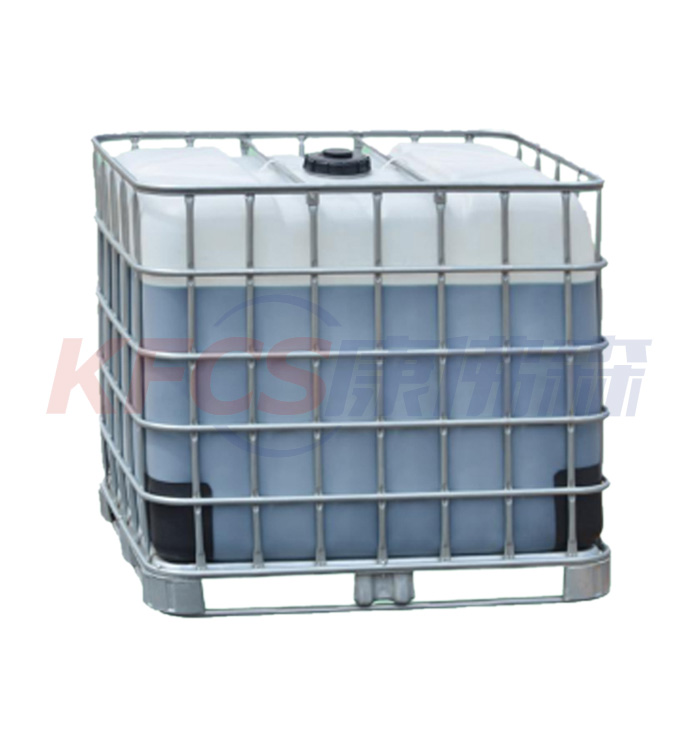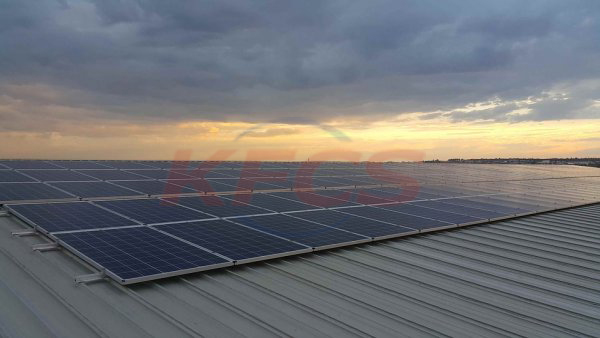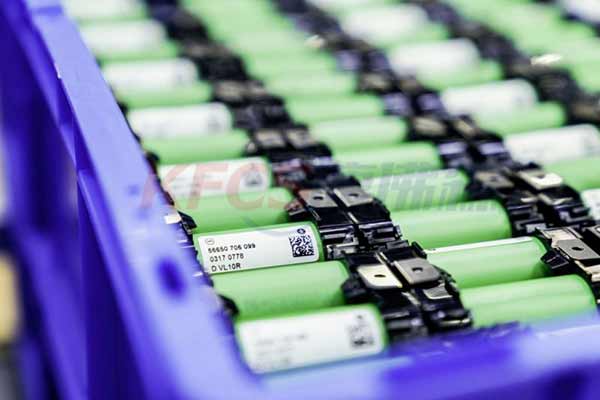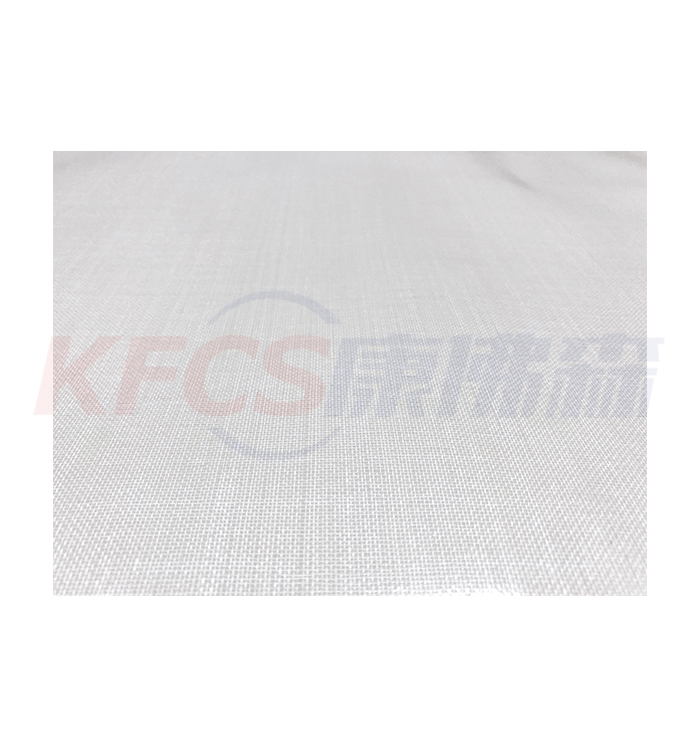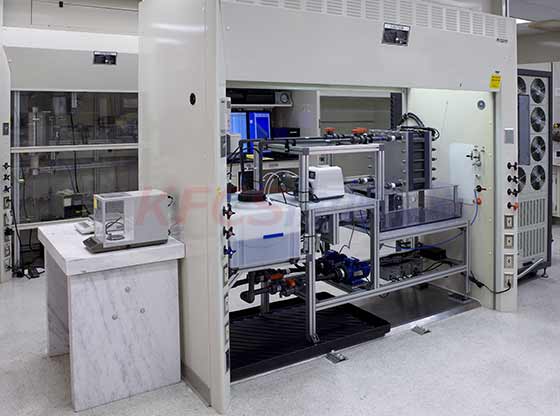What are the problems in the recycling of waste lithium ion batteries
2022-08-01
(1) The separation effect of waste lithium-ion batteries is still not ideal in the process of disassembly and crushing. Therefore, the safe and effective separation and crushing of waste lithium-ion batteries is the prerequisite for the recycling of waste batteries.

(2) At present, in the research process of valuable metals of waste lithium-ion batteries, the recovery process of valuable metals is mainly wet. This method uses chemical substances such as acid and alkali, which will produce harmful waste gas and liquid, causing certain harm to people and the environment. Therefore, secondary pollution in the process is also an important problem to be solved.
3) In the process of recycling valuable metals from waste lithium-ion batteries, most of them focus on the recycling of valuable metals from cathode materials. The negative electrode and electrolyte are ignored. In particular, the electrolyte is mostly composed of high concentration organic solvents, electrolyte lithium salts, additives and other raw materials, which are toxic and pollute the environment. Therefore, it is necessary to find substitutes for these materials to reduce the harm of electrolyte to the environment.
About News
- A temperature monitoring device for an all-vanadium redox flow battery case
- Principle of Vanadium Redox Battery
- Vanadium could be the next strategic resource
- Economic value of battery material recovery
- Advantages of vanadium redox battery energy storage
- Application of vanadium in all vanadium redox flow battery
- About $5 billion! Quantum plans to invest and build more than 3.5gW solar Park in Lionel Island, Indonesia
- Manufacture solar cells and glass from 1 billion tons of biomass waste
- Lithium battery recycling process and its application
- Why are energy storage projects important now?
Products


